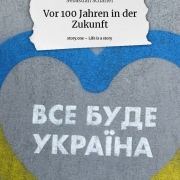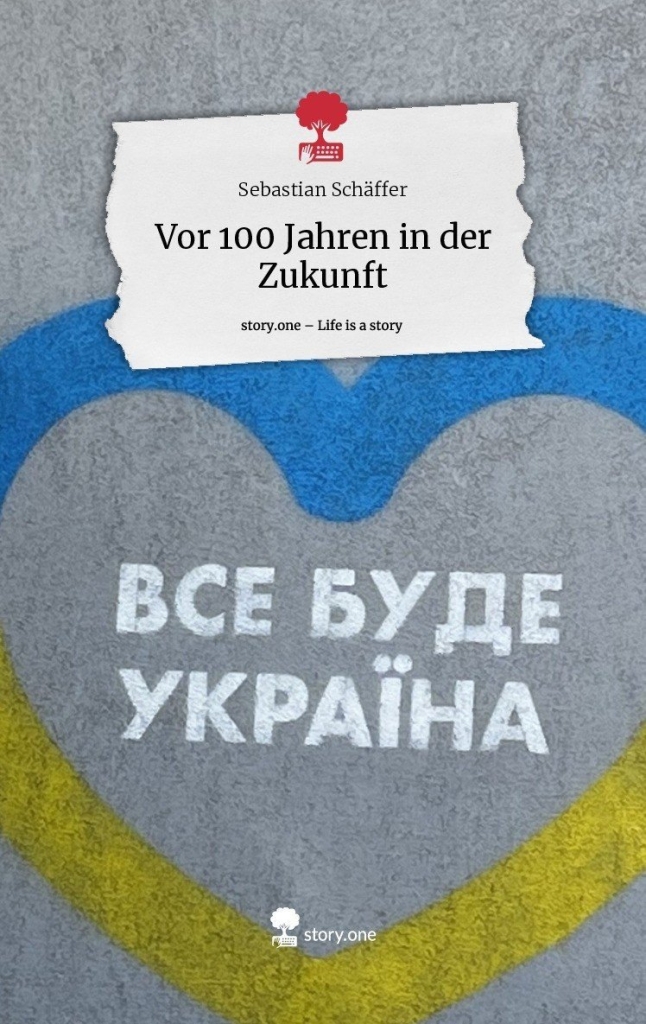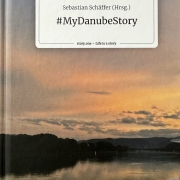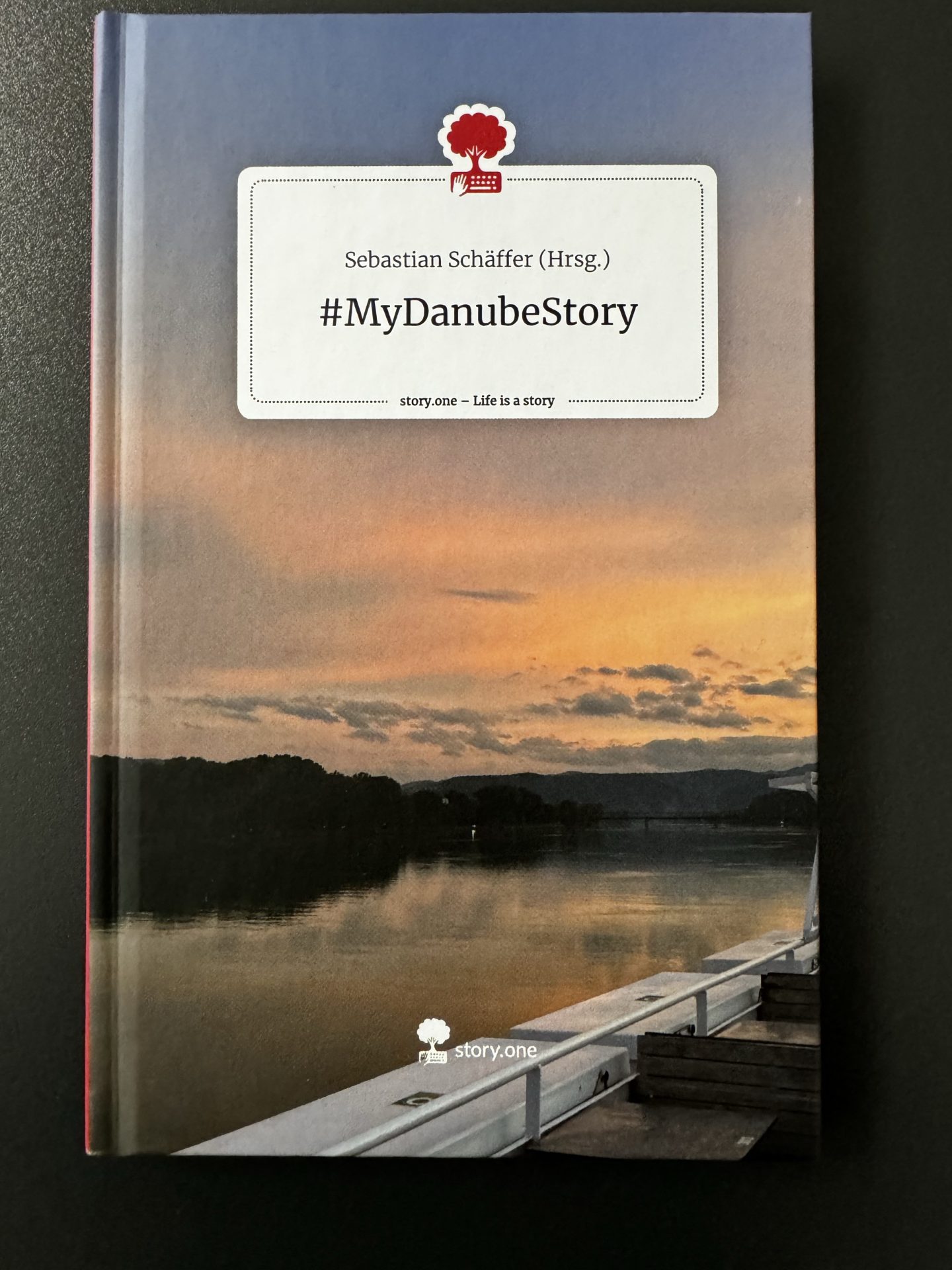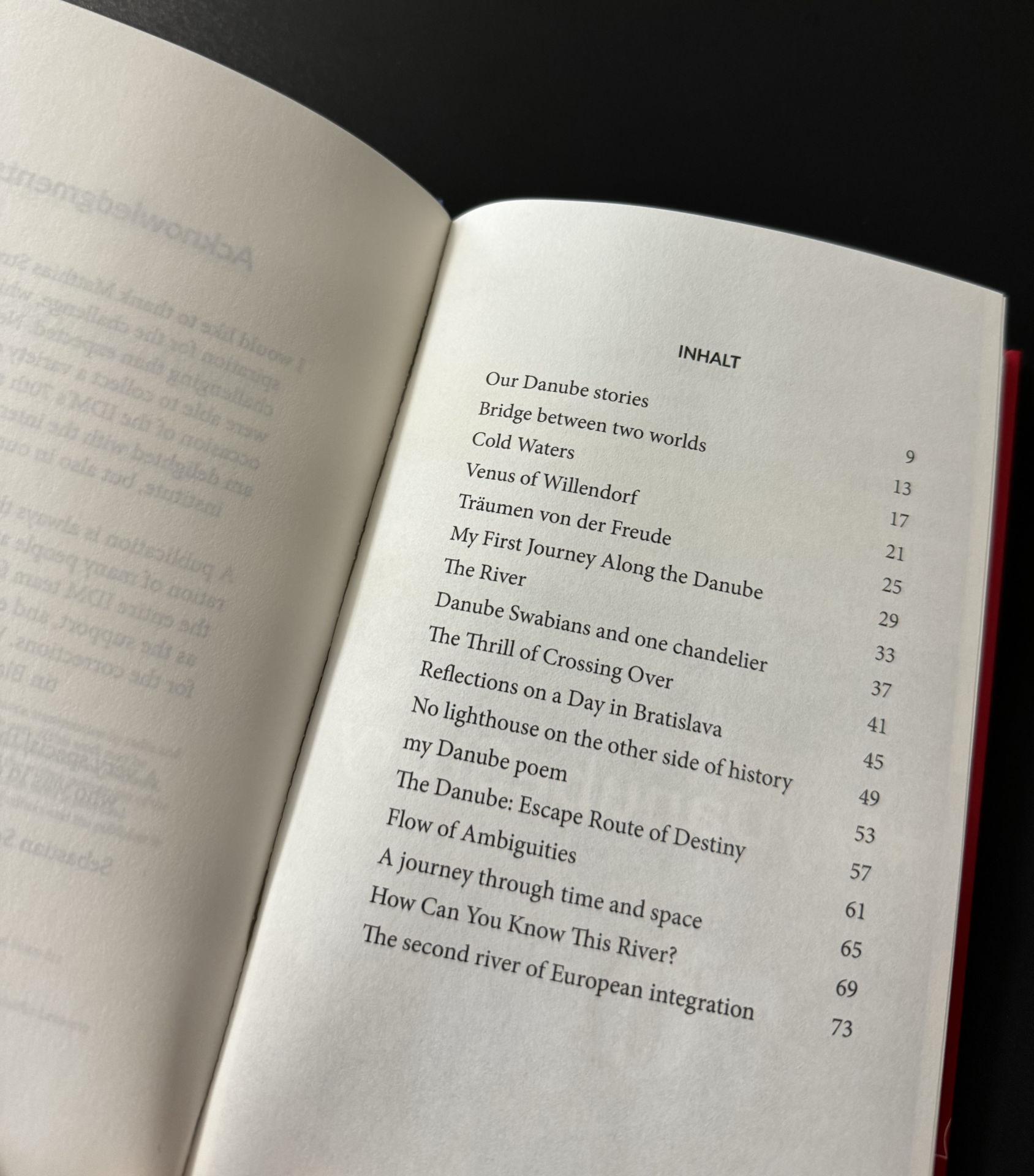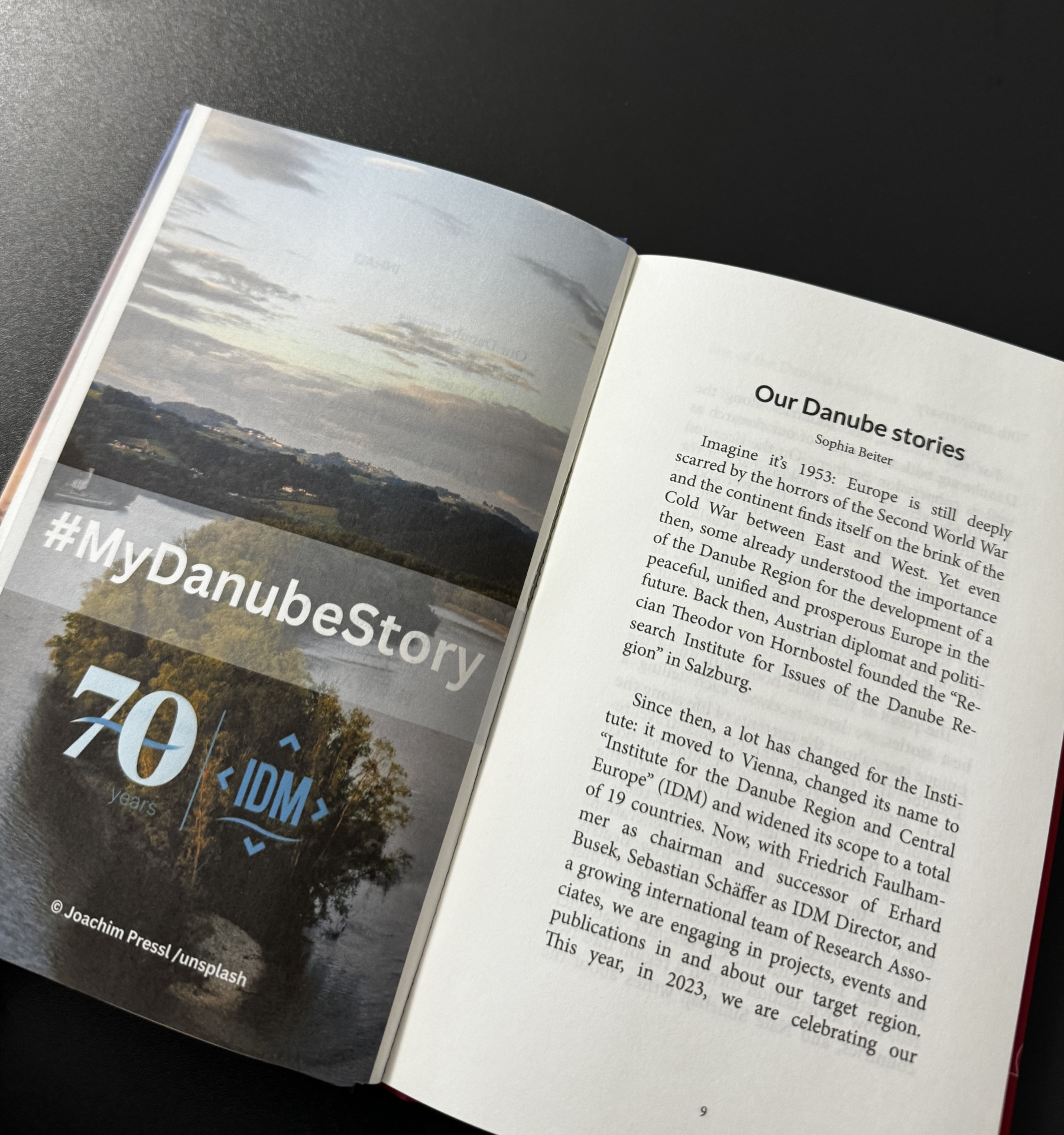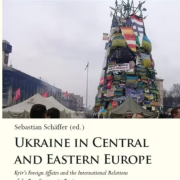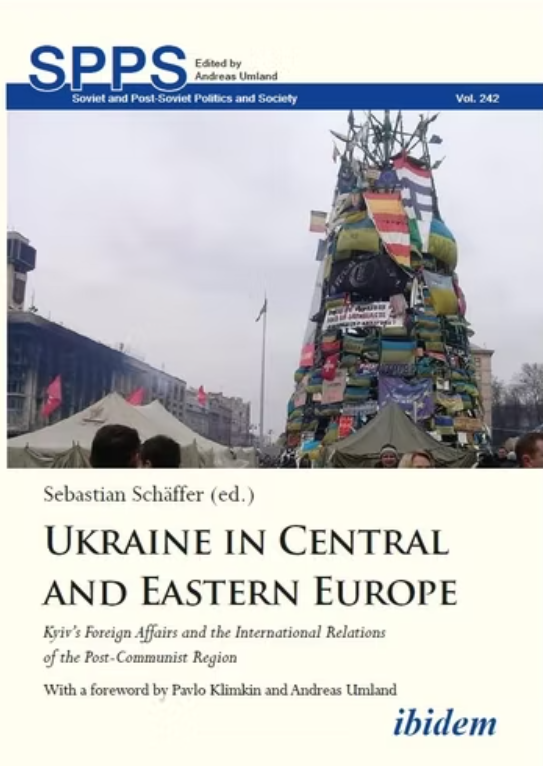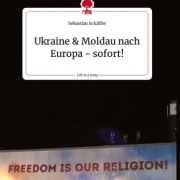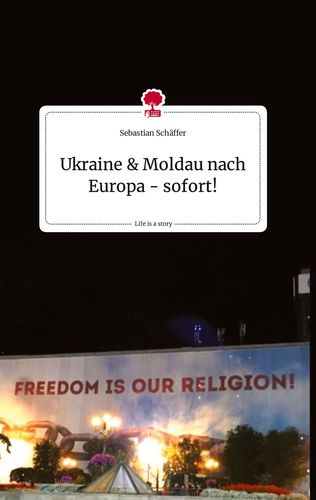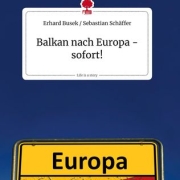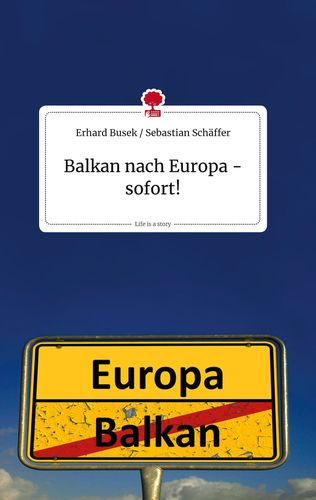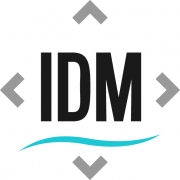“Russia’s War and Europe’s Changing Security Order: Time for a ‘Greater European Council’?” – EUXGLOB III „Perspectives of the EU’s Eastern Neighbourhood.“
IDM Visiting Fellow Ulrich Schneckener (University of Osnabrück) and IDM Director Sebastian Schäffer, wrote a Policy Paper titled “The Day After – Towards a Greater European Council?” in June 2022. Building upon this work, in 2023, Schneckener and Schäffer further refined their ideas in an article titled “Russia’s War and Europe’s Changing Security Order: Time for a ‘Greater European Council’?” published in Friedrich Faulhammer and Sebastian Schäffer’s edited volume „Growing Together or Drifting Apart“ (Der Donauraum 3-4/2023). Within this piece, they not only assess various proposals from the previous year but also delve into the European Political Community (EPC) concept proposed by French President Emmanuel Macron, while also introducing and exploring the concept of a Greater European Council (GEC) as a new way forward forward.
Their concept of the Greater European Council is now officially published in the book „Perspectives of the EU’s Eastern Neighbourhood.“ Learn more about their insights from this publication: „Perspectives of the EU’s Eastern Neighbourhood.“ – EUXGLOB III VOLUME (pp.20-31).


